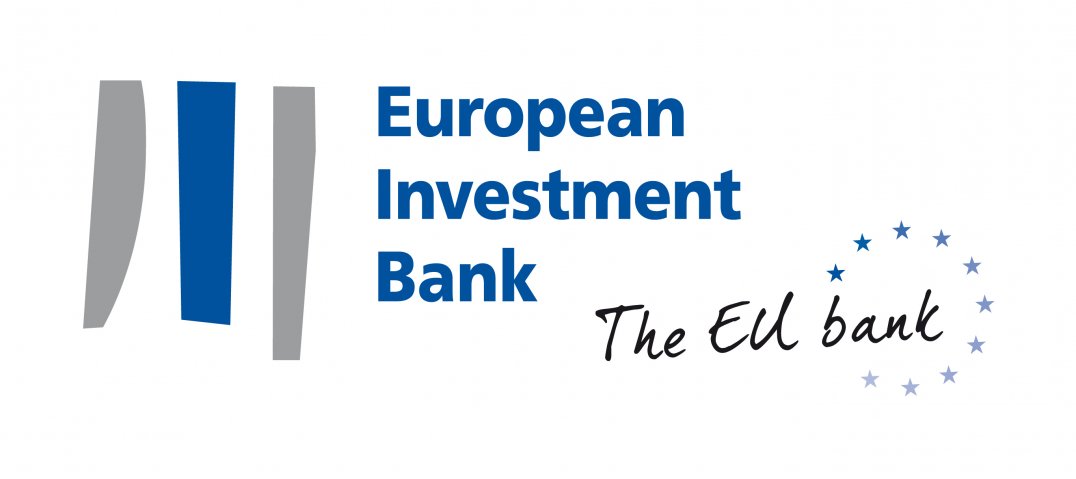The world is changing fast and policymakers on both sides of the Atlantic face a wide range of challenges; be it pushing at bay the spectra of secular stagnation, lowering inequality, defining frameworks to manage new technologies or tackling climate change and migration. In this third edition of the EU and US Perspectives conference series, we contrast the policy choices being put in place in the US and the EU, and debate whether these will ultimate deliver sustainable outcomes.
Growth and inequality demand side vs supply side policies
Low growth and inequality are common challenges on both sides of the Atlantic. When it comes to the policy response, however, very different choices are being made. In the US, the emphasis is on demand-side economics, while the euro area is leaning more towards the supply side.
Brave new finance – Fintech and crypto-currencies
The Bitcoin-bubble brought Fintech to the headlines, but it is more than crypto-currencies. Established financial firms are responding by embarking on Fintech themselves, accompanied by downsizing of traditional business modes. Regulators and central banks have yet to set the policy response, but a first few hints are emerging.
Labour markets, wages, robots and migration
Globalisation was the labour market buzzword of the 2000s; the debate is now moving to migration and robots and how this will shape labour markets and wage formation in the future. For developing countries emigration can mean a valuable loss of resources. Attention is turning in particular to the African continent and not least as a new frontier for infrastructure.
Regulation and climate change
Climate change scenarios differ in their extent, but regulatory changes and environmental requirements are already nudging both financial and non-financial corporations towards a new approach. This, in turn, will have very wide-reaching consequences.
Keynote Addresses by
Lorenzo Bini Smaghi, Société Générale
Ambroise Fayolle, European Investment Bank
Marc Niederkorn, McKinsey
Pier Carlo Padoan
Peter Praet, European Central Bank
Jeffrey Sachs, Earth Institute at Columbia University
Joseph Stiglitz, Columbia University
Confirmed speakers
Olivier de Boysson, Société Générale
Charles Calomiris, Columbia University
Ishac Diwan, Columbia University
Stan Dupré, 2 Degrees Investing Initiative
Jakob de Haan, De Nederlandsche Bank
Ernest Gnan, Oesterreichische Nationalbank
Adonai Herrera-Martínez, EBRD
Merit Janow, Columbia | SIPA
Lila Karbassi, UN Global Compact
Michala Marcussen, Société Générale
Andrew McDowell, European Investment Bank
Patricia Mosser, Columbia | SIPA
Thomas Philippon, Stern School of Business, NYU
Mahmood Pradhan, International Monetary Fund
Ebrahim Rahbari, CitiGroup
Debora Revoltella, European Investment Bank
Paul Sheard, Mossavar-Rahmani Center for Business and Government, Harvard Kennedy School
Marc Olivier Strauss-Kahn, Banque de France
Jan Svejnar, Columbia | SIPA
Natacha Valla, European Central Bank
Nicolas Veron, Peterson Institute and Bruegel
Angel Ubide, Goldman Sachs
Boris Vujčić, Croatian National Bank
Final Programme






